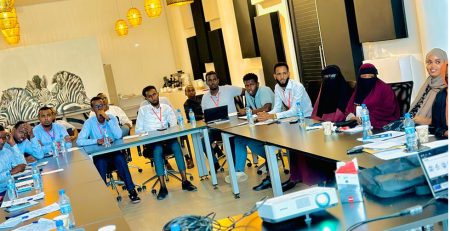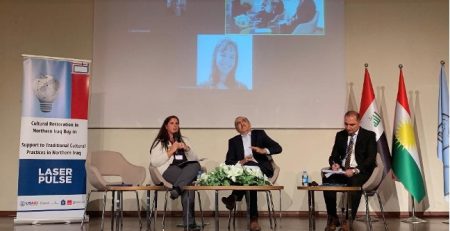Research and Research Translation Capacity in sub-Saharan Africa Higher Education Institutions
As one of its core activities, the Long-term Assistance and Services for Research (LASER) – Partner University-Led Solutions Engine (PULSE) initiative conducted a research capacity assessment in partner Universities/Higher Education Institutions (HEIs). The assessment targeted low and middle-income country institutions. Makerere University, a LASER-PULSE consortium member led this assessment which identified barriers and opportunities to research and research translation in sub-Saharan Africa with the goal of identifying priority gaps for capacity building. Twenty-seven HEIs from 12 African countries participated in the assessment.
The capacity assessment was guided by Cooke’s modified framework to evaluate research capacity building in health care, consisting of eight dimensions;
- Research Infrastructure
- Skills & Confidence
- Linkages, Partnerships, and Collaboration
- Continuity and Sustainability
- Leadership
- Empowerment
- Research Applicability, and
- Dissemination and Knowledge Translation
The assessment was also directed by eight sub-elements of Research Management and Support Systems (RMSS) project’s analytical framework;
- Research Strategies and Policies
- Institutional Support Services and Infrastructure
- Supporting Funding Applications
- Project Management and Control
- Human Resource Management for Research
- Human Resource Development for Research
- External Promotion of Research, and
- National Research Engagement
Universities were highly variable in size, ranging from a total enrollment of 372 undergraduate students in the smallest institution to 55,708 in the largest one. The assessment identified five priority gaps for capacity building: 1) research leadership, 2) dissemination and translation, 3) empowerment, 4) sustainability, and 5) lower level institutional support services. These priority areas shall be targeted by LASER PULSE for capacity enhancement in African HEIs, given that universities are a key component of national research ecosystems. Once these critical gaps are filled, then we can build a vibrant research ecosystem in universities and countries in question.
Contributors:
- Dr. Julius Ssentongo, Program Coordinator, RAN
- Nathan Tumuhamye, Director Eastern Africa Resilience Innovation Lab, RAN
- Harriet Adong, Director Communications & Knowledge Management, RAN






Leave a Reply
You must be logged in to post a comment.